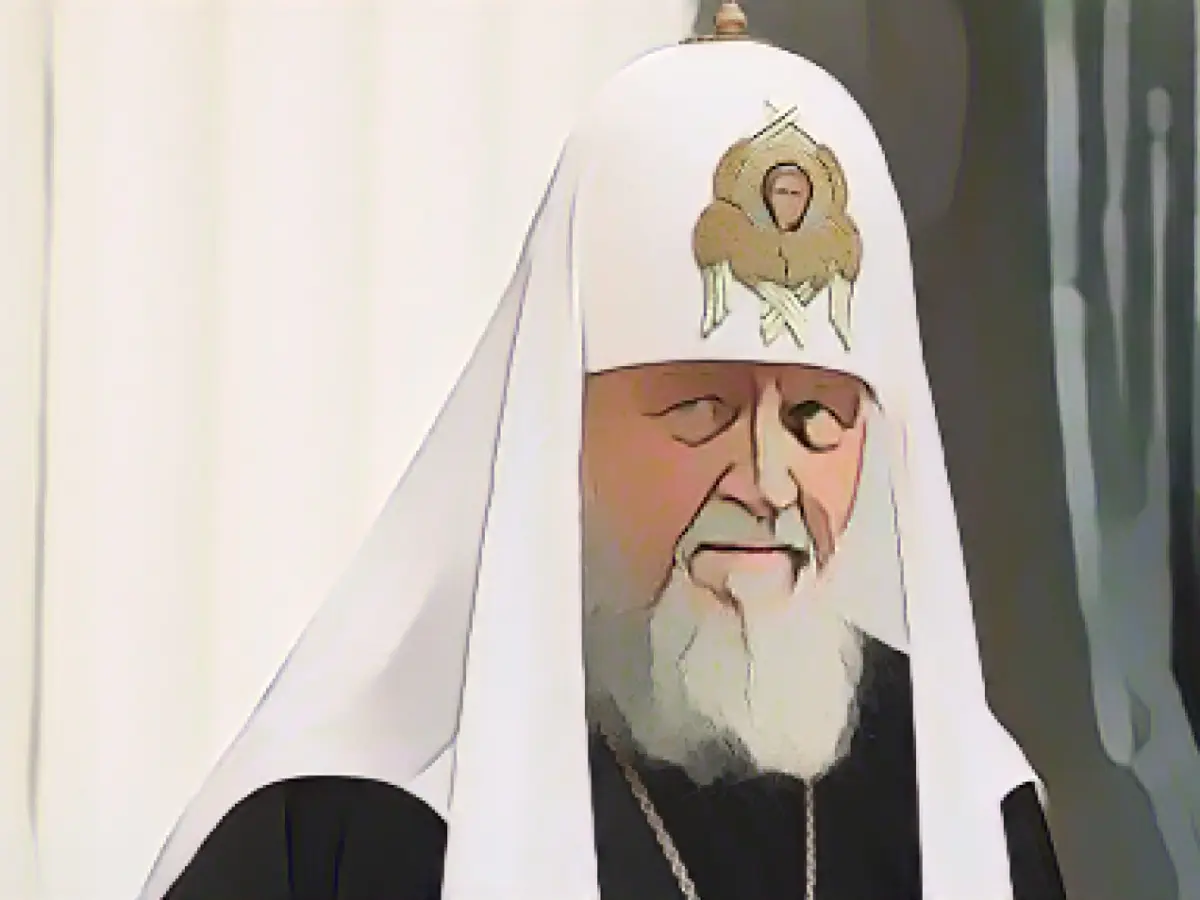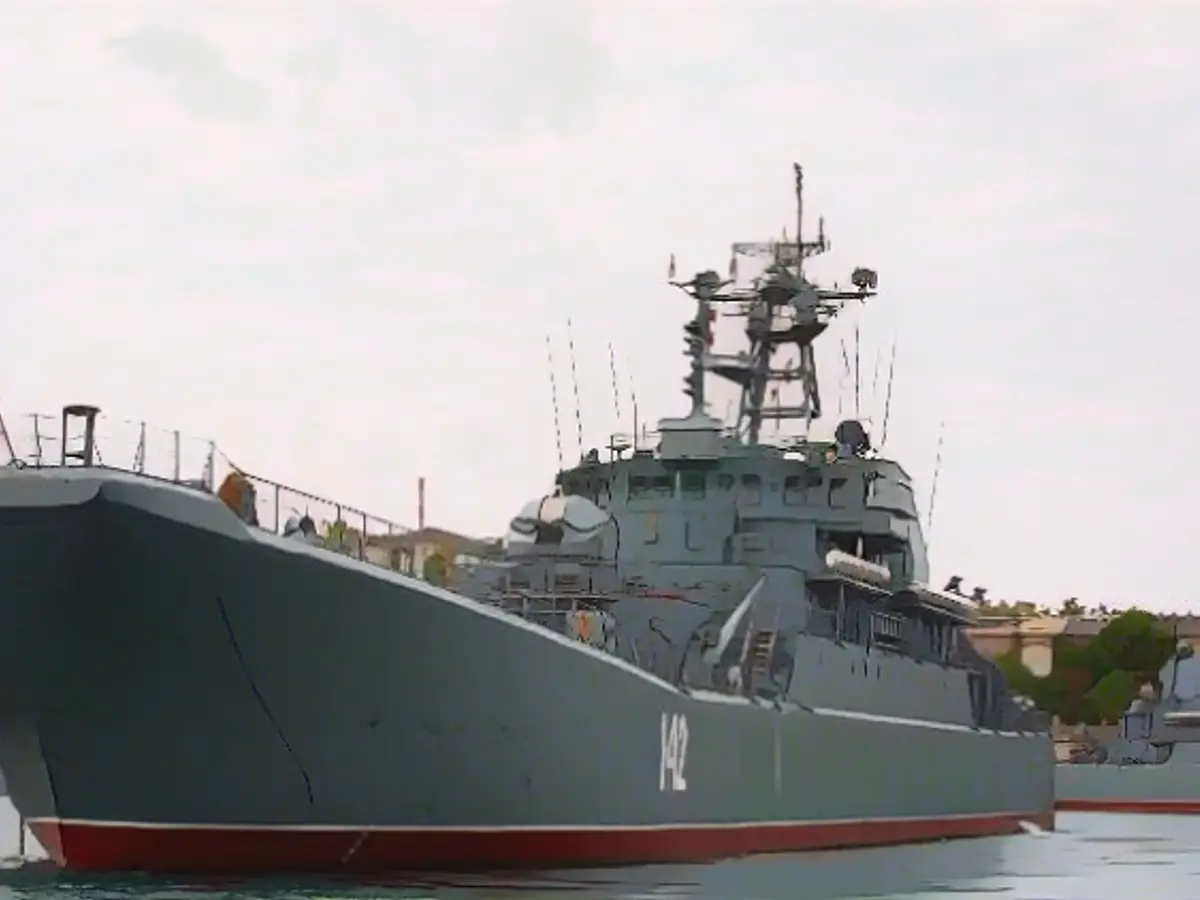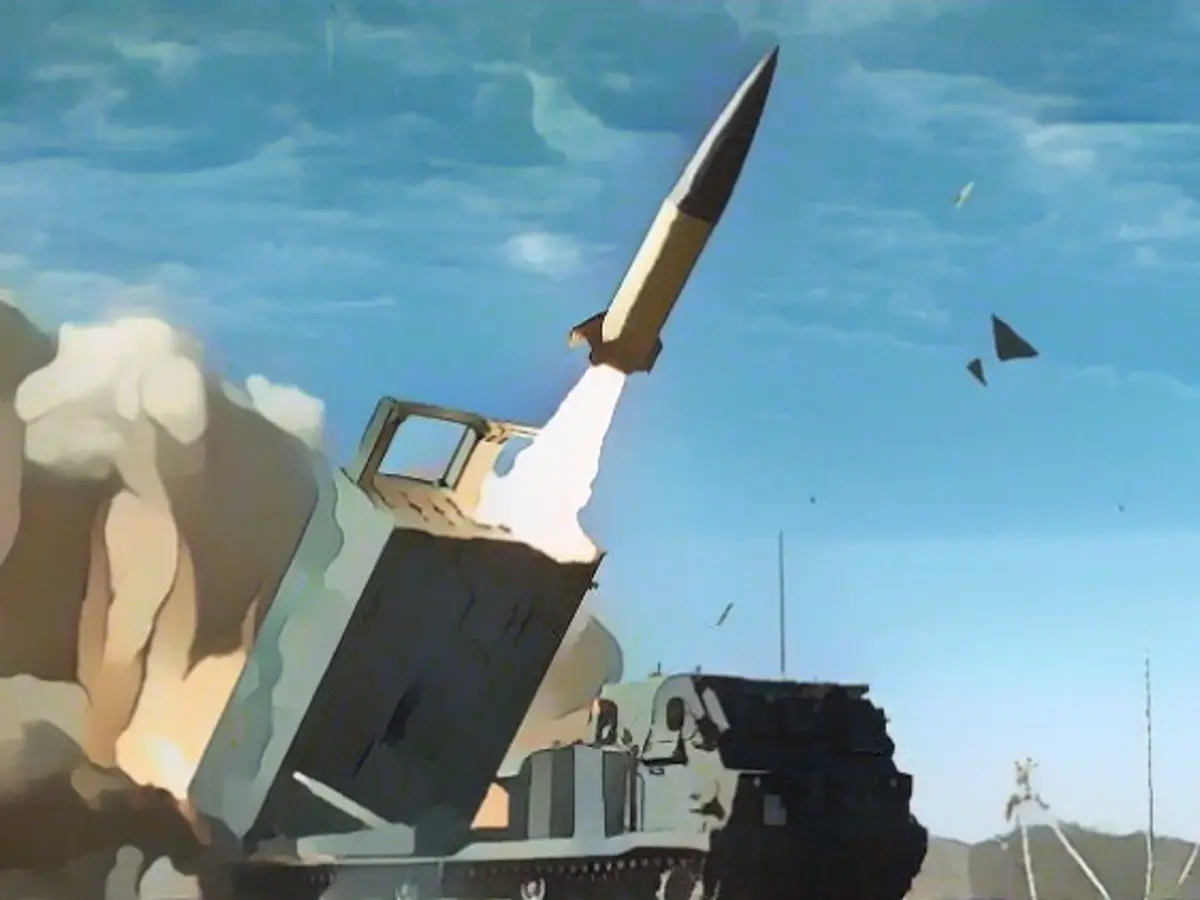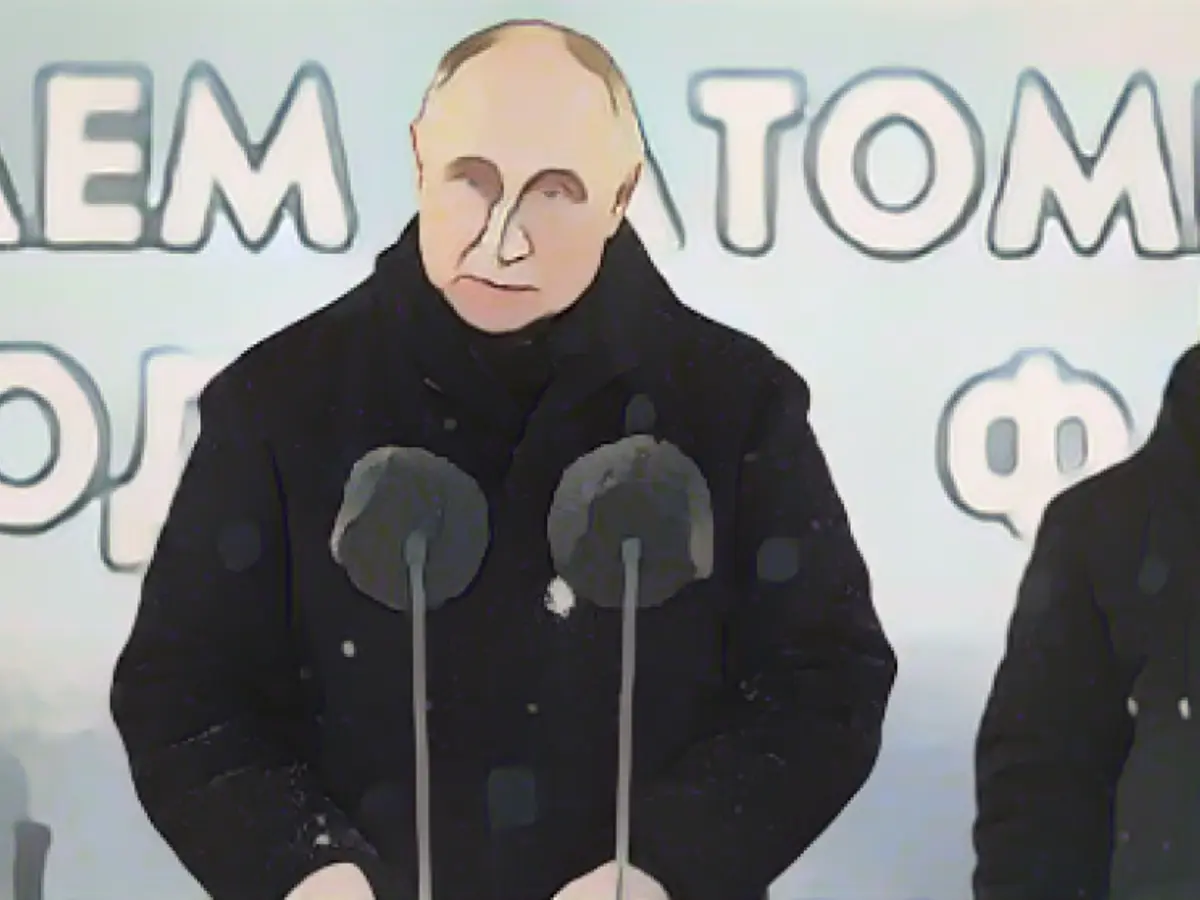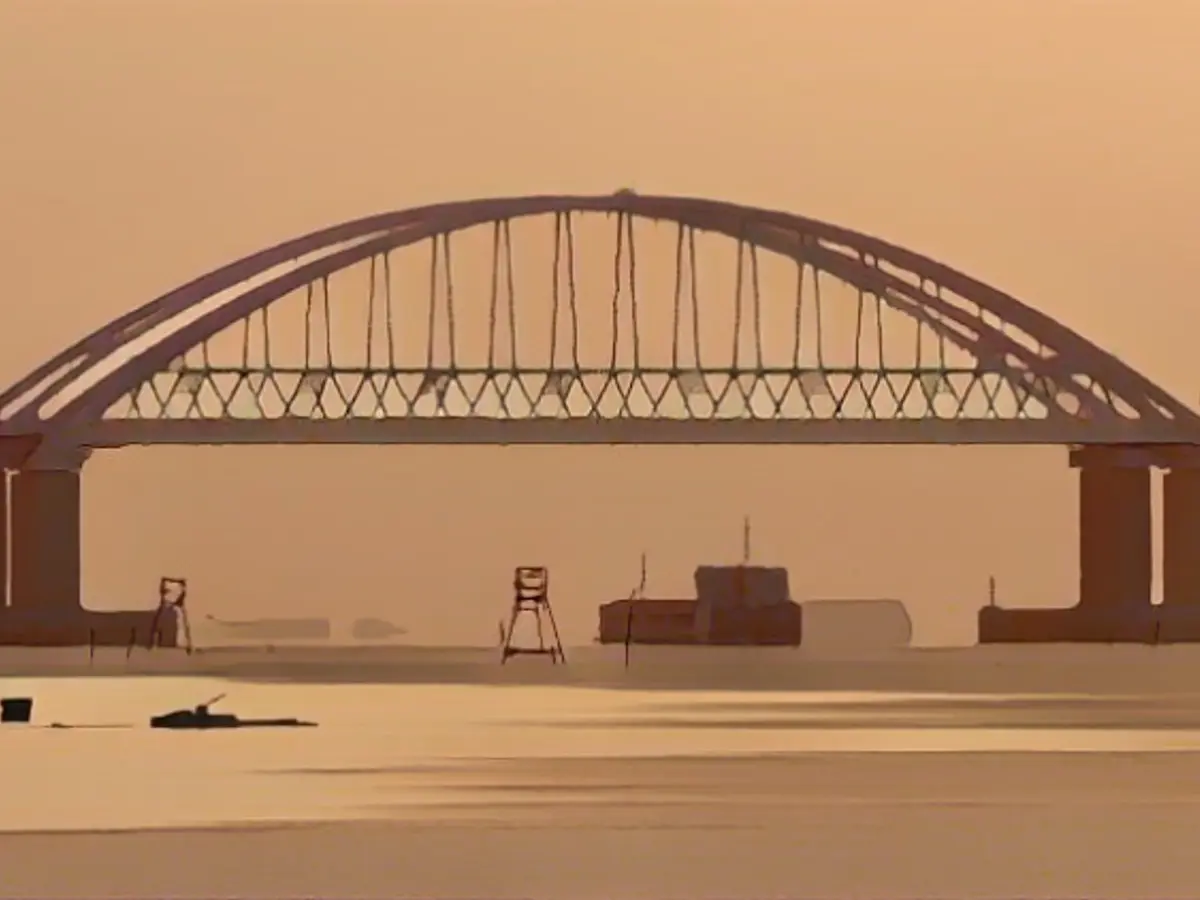After weeks of relentless Russian airstrikes, Ukrainian President Volodymyr Zelenskyi hailed the country's air defense, boasting that 104 out of 112 Shahed drones had been intercepted in the past week. Zelenskyi expressed gratitude to the air defense forces, emphasizing that each interception saved lives and infrastructure.
As the nights grew longer, so did the air alert in large parts of eastern Ukraine. According to Kiev's air force, enemy drones had infiltrated Ukrainian airspace from the east and south. Concurrently, the Ukrainian General Staff reported intense ground warfare across the country.
Ukraine has been battling a massive Russian invasion for almost 22 months, marking the 662nd day of this brutal conflict. This unrelenting struggle has led to the occupation of around a fifth of the country by Russian troops, including the Crimean peninsula.
Saturday saw the repulsion of dozens of Russian attacks on the eastern and southern fronts by the Ukrainian army. The General Staff reported 71 battles, a slight decrease from the day prior. Unfortunately, the exact accuracy of these figures could not be verified.
The heaviest fighting was once again concentrated in Avdiivka and its environs in Donbass. Despite Ukrainian forces managing to repel these assaults, the ongoing conflict has taken a heavy toll. Further north, in the Kupjansk front section in the Kharkiv and Luhansk regions, the Ukrainian military recorded eleven battles near the village of Synkiwka. Reports suggest that Russian troops have been advancing in this area for days.
Ukraine's air defense has proven vital in fending off Russian attacks, especially those involving swarms of combat drones. The Patriots, Nasams, Cheetahs, and other systems supplied by international partners have been effective in intercepting ballistic missiles, saving lives and infrastructure.
However, despite these successes, Ukraine's air defense needs further strengthening, particularly in Kiev, which has seen casualties and damage due to recent drone attacks.
In a move to counter Moscow's religious influence in Ukraine, the Ukrainian government has added Moscow Patriarch Kirill to their wanted list. He is accused of being a key supporter of Russia's invasion, mainly due to his controversial statements and propaganda's role in justifying the war.
The Moscow Patriarchate, led by Kirill, has maintained its support for Russia's war efforts in Ukraine, despite widespread international condemnation. This influence can be felt in Ukrainian communities that remain loyal to the Moscow Patriarchate, causing further division and conflict within Ukraine.
Sources: stern.de
Enrichment Data:
Moscow Patriarch Kirill has been an active supporter of Russia's invasion of Ukraine, playing a substantial role in the conflict through spiritual and ideological justification. Here's a breakdown of his involvement:
- Support for the Invasion: Kirill has consistently backed Russia's full-scale invasion of Ukraine, viewing it as a cultural and spiritual battle against Western liberal values, such as LGBTQ+ rights.
- Justification of Military Action: Kirill has portrayed Russian soldiers as martyrs, whose sacrifices in the conflict are equal to those of religious martyrs. He has also advocated for the war as a necessary measure to protect Russia from Western decadence.
- Criticism of Ukrainian Church: Kirill has criticized forces opposing Russia, accusing them of attempting to weaken the Russian Orthodox Church by supporting the Orthodox Church of Ukraine, led by Metropolitan Epifaniy. This controversy led to a significant rift within the Orthodox community in Ukraine.
- Neo-Paganism Allegations: Kirill has expressed concerns about the rise of "neopagan sentiments" among soldiers in the conflict zone, referring to these individuals as "weirdos." He has urged the Russian Orthodox Church to counter these trends and protect military personnel from neo-pagan influences.
- Sanctions: Due to his support for the war and failure to condemn Russia's military aggression, Kirill has been added to Ukraine's wanted list. In response, Britain imposed sanctions on him in June 2023 in a move aimed at punishing Moscow for its role in the war in Ukraine.
Kirill's involvement in the conflict has upset many within the Orthodox community and internationally. His attempts to justify Russia's invasion and support for its military actions have only deepened the division and suffering in Ukraine.
